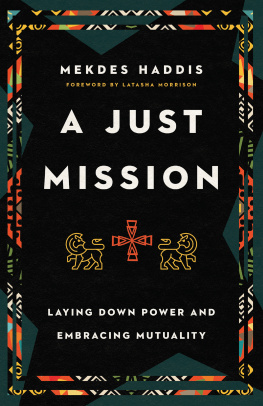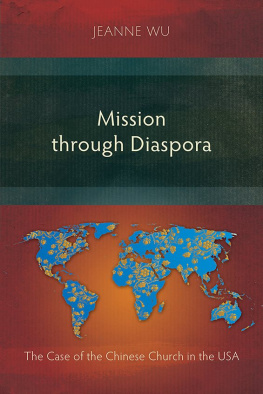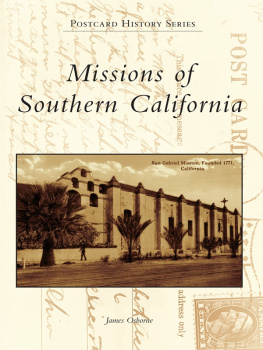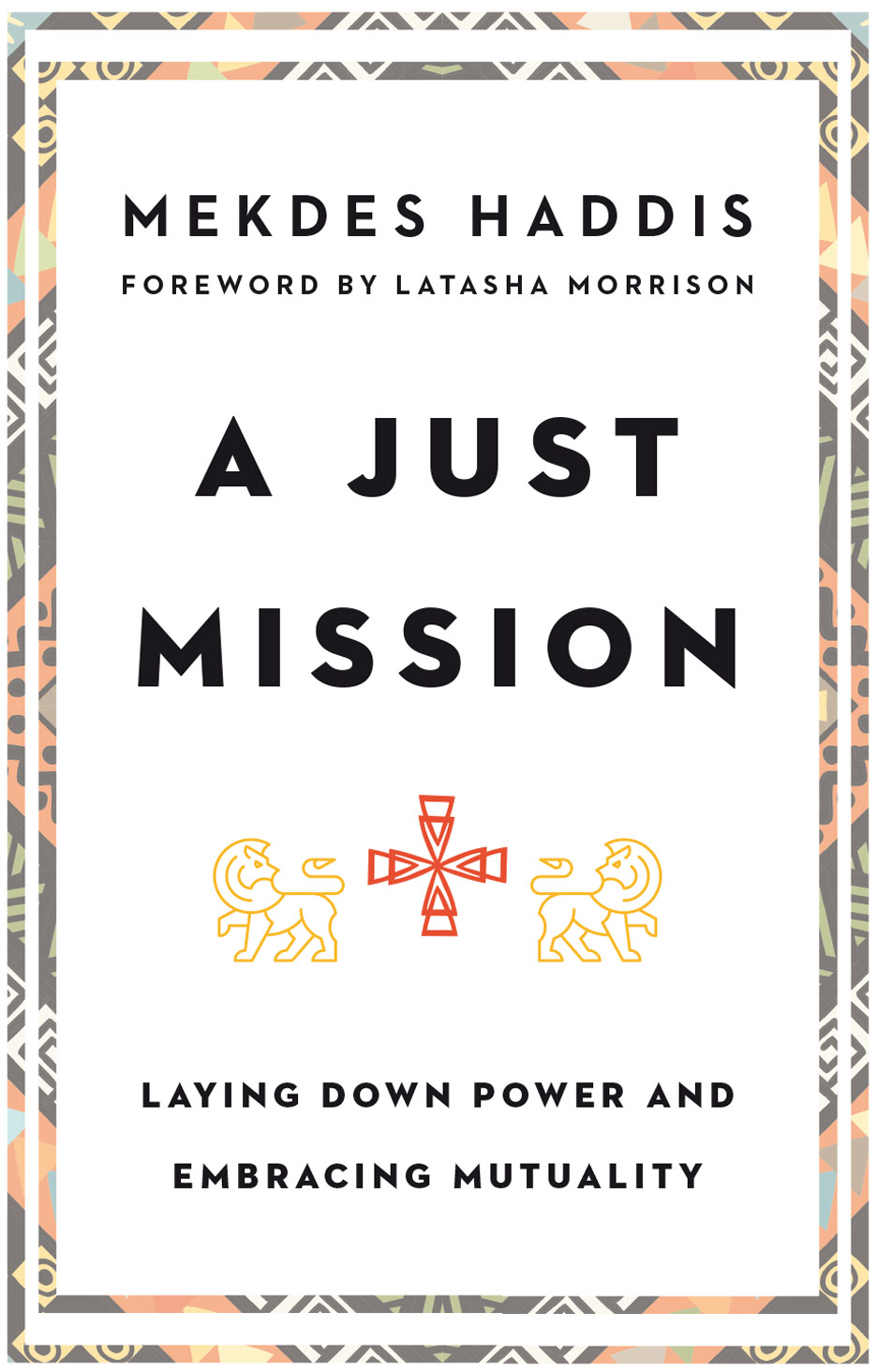Sommaire
Pagination de l'dition papier
Guide
 InterVarsity Press
InterVarsity Press
P.O. Box 1400 | Downers Grove, IL 60515-1426
2022 by Mekdes Abebe Haddis
All rights reserved. No part of this book may be reproduced in any form without written permission from InterVarsity Press.
InterVarsity Press is the publishing division of InterVarsity Christian Fellowship/USA. For more information, visit intervarsity.org.
Scripture quotations have been taken from the Christian Standard Bible, Copyright 2017 by Holman Bible Publishers. Used by permission. Christian Standard Bible and CSB are federally registered trademarks of Holman Bible Publishers.
While any stories in this book are true, some names and identifying information may have been changed to protect the privacy of individuals.
The publisher cannot verify the accuracy or functionality of website URLs used in this book beyond the date of publication.
Cover design and image composite: David Fassett
ISBN 978-1-5140-0368-8 (digital)
ISBN 978-1-5140-0367-1 (print)
This digital document has been produced by Nord Compo.
THIS BOOK IS DEDICATED TO MY FATHER,
Abebe Haddis,
who instilled in me a love for cultures through reading,
music, and travel. Gashe, here is a book published with
your name in it, telling our story with our Creator
the way we always knew it to be. And to my mother,
Amsalu Assefa (Etetye), your love is unmatched and
has inspired me to search and find the One who
is the source of it all. Without him this book
would have been a clanging cymbal.
Foreword
LATASHA MORRISON
WHEN I WENT TO RWANDA ON A MISSION TRIP, I was struck by meeting Rwandans with names like Susan, Sara, Patrice, Calvin. It left me wondering why they had English names. I later found out that these were their Christian baptism names. When they accepted Christ as their personal Savior, they were also given Christian names. In reality the names given to them were just English names and had nothing to do with Christ. The irony is that their Rwandan names were actually true Christian names; some of their meanings were blessed of God or light of God.
Defining Christianity by English names signified to me that something had gone wrong in the way Christ was introduced to them. They were being taught that God wasnt in their culture, and they must conform to whiteness to be closer to God. That is one example of the damage that Western mission work has done to Black and Brown people as it preached that imported Western hair styles, foods, music, language, and clothing are better than what God has naturally given them in their context.
A Just Mission is a book that can be a game changer for the American church. If its embraced, it can help reframe our ideologies around mission and help us move forward. But if its ignored because it makes some people feel uncomfortable, the American church will greatly miss out. Mekdes Haddis uses a bridge-building approach to a broken mission system. She not only talks about the problem but offers solutions by providing historical factors to help institutions correct past mistakes. Her focus in contextualizing theology is so key to understanding how we have hurt culture in our mission movement. In our attempts to do good, we have dropped bombs in communities and left them to pick up the pieces. When we dont see God in other cultures but instead assume our culture is supreme and the right way to do something, we disrupt his good work in creation and damage the foundation of a diverse global church. If American Christians will listen to this message, it will reshape not just the mission movement but Western Christianity for the better.
Mekdes is the perfect person to talk about this complex subject in a restorative and redeeming manner. Her writing lifts up those who have been harmed but also creates a way forward for those who have done the harm to correct their mistakes. This book not only states the problem but provides the solutions that need to be considered to build a more inclusive missional movement. Bridge building is key in empowering and educating mission organizations to do mission justly and to rebuild Gods kingdom with his whole body in mind. A Just Mission is a much-needed book for the church to see the world through the lenses of reconciliation and justice.
Introduction
Until the lion learns how to write, every story will glorify the hunter.
J. NOZIPO MARAIRE
THE SELFLESS ACT OF CHRISTS sacrifice on the cross made a way for individuals to be reconciled not only with the Father but also with one another. Gods heart for his children is that they flourish in diversity and unify around the majesty of his glory. Sadly our sin has put a wedge in the global bodys ability to worship together. One particular group of Christians has claimed authority over the rest of the body and how Christianity should look for the rest of humankind.
For decades the Western church has been the largest missionary-sending agency in the world. In fact, the saying from the West to the rest was coined to describe this phenomenon. Yet those days are long gone, as Christianity is booming in the Global South and migration has enabled missions to be from everywhere to everywhere. So why havent mission organizations and churches of the West embraced this new reality? Why havent they restructured their institutions to reflect the cultural diversity of the global church by allowing everybody to take part in leadership? As the American evangelical church lags behind on issues of racial justice and equality, the mission movement it leads is on the cusp of dying from irrelevance.
As protests of white supremacy grow, secular organizations such as Black Lives Matter and No White Saviors are creating greater awareness of the goers need to seek an approach of mutuality. In response, the Western church has started to grapple with finding a redemption from her role in creating a global problem by seeking mutuality.
Yet the question remains: Is mutuality even possible when the Global South, where the fastest-growing churches exist, is full of Brown and Black people yet the largest mission organizations are not led by them? The absence of global leaders representing different cultures, languages, and ethnic groups in the boardrooms of these so-called global organizations creates a problem in accomplishing the most important work Jesus Christ has given his church. How do we as global Christians work together to reach the world with the gospel effectively in a manner that contextualizes theology, restores justice, and mobilizes the next generation for the harvest that awaits?
The Western church must undertake a significant effort to understand the harmful effects of its mission legacy. Its tendency to conflate mission with colonization affects far more than individuals, reaching whole cultures. These people groups have been economically and culturally shaped by Western ideologies that leave them handicapped, which has created a vicious cycle of dependency on the white savior to come fix the problems the Western church created. I have met many enthusiastic mission practitioners who rave about their ability to work mutually with local people to create structures that fit the local context. While I applaud their efforts and appreciate their heart, I wonder if they truly understand how their local partners would define mutuality. If they did, I am certain they would be far less eager to celebrate their ability to be in mutual leadership and more frustrated by what was being asked of them.











 InterVarsity Press
InterVarsity Press